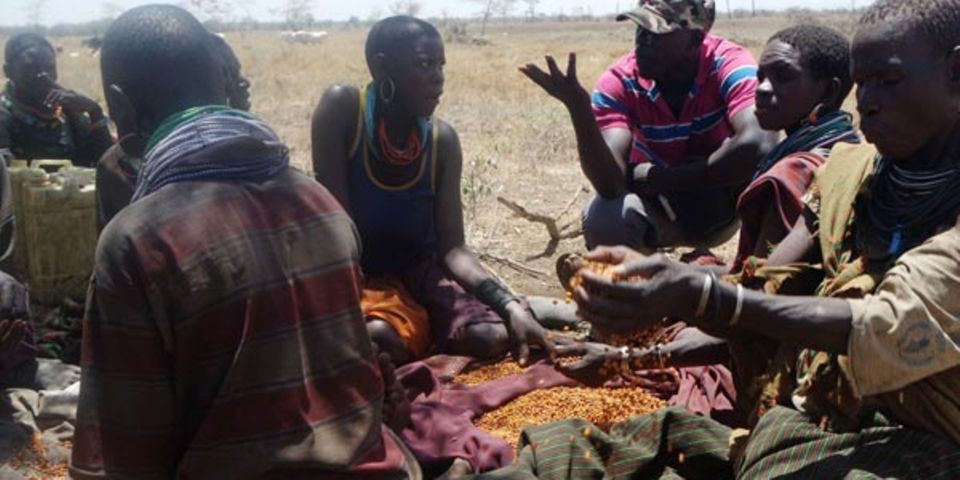Prime
Karamoja needs urgent support

What you need to know:
- Starvation in Karamoja has gone largely unnoticed as higher-profile crises, including looming famine in the Horn of Africa, and the war in Ukraine, compel global attention.
- As food becomes even scarce, Karamoja’s most vulnerable residents, especially children, are struggling to survive.
Although Uganda is considered East Africa’s food basket, some areas such as Karamoja Sub-region are grappling with the severe drought to the extent that people are on the brink of starvation.
A recent joint report by health officials from the nine districts that form the Karamoja indicates that severe malnutrition has also affected over one million people.
Starvation in Karamoja has gone largely unnoticed as higher-profile crises, including looming famine in the Horn of Africa, and the war in Ukraine, compel global attention.
As food becomes even scarce, Karamoja’s most vulnerable residents, especially children, are struggling to survive.
READ: Address root cause of Karamoja famine
Malnutrition is at critical levels in Kaabong and Moroto districts with a prevalence rate of 21.5 percent and 19.9 percent, respectively. Also, some deaths have been registered. In addition to putting children at high risk of dying, malnutrition has left a life-long impact on society, especially among children. The lives of thousands of children are at stake. If we don’t do something right now and by chance the affected children get to survive, we should not expect very good human capability in the future.
It is an open secret that hungry children do not perform well in school. Their growth will be compromised and development will be stunted.
We must not wait for thousands of children to die. We have said never again too many times. We need long term and predictable funding to help these children and their families We need to invest in strengthening early warning efforts at the national and community-levels to capture real-time evidence to monitor an evolving risk with practical indicators to allow early decision-making to reduce the impact of an impending crisis.
Also government needs to offer training to farmers in climate smart agriculture technologies to help them to cope with drought and erratic rains in the region is a very good idea. This should involve provision of resilient seeds, and water efficient inputs for small-scale irrigation. This will boost food security.
Acute malnutrition can be prevented and treated, we need to invest in both emergency response and long-term solutions to resolve the hunger and malnutrition crisis in Karamoja. I urge the government to partner with nongovernmental organisations to curb the crisis.
Authored by Shadia Nakazibwe,
Program Assistant at proven foundation
[email protected]




